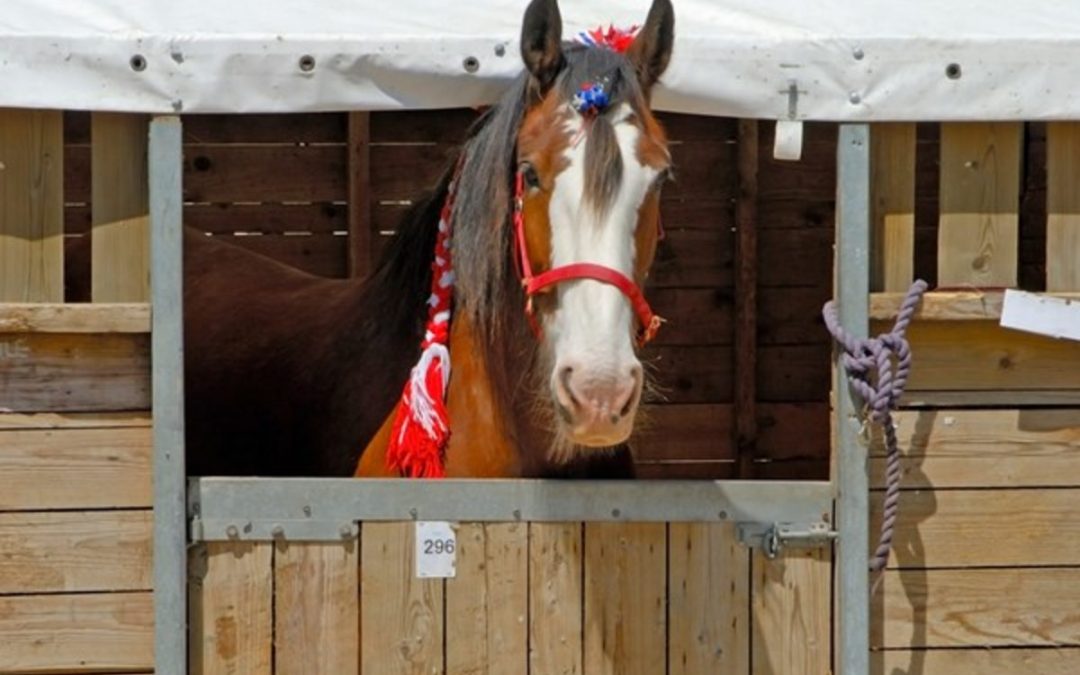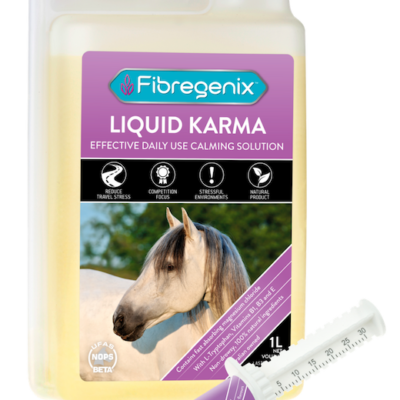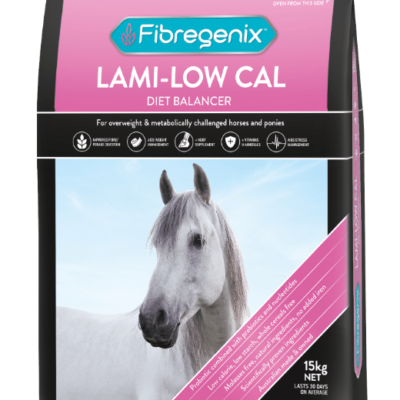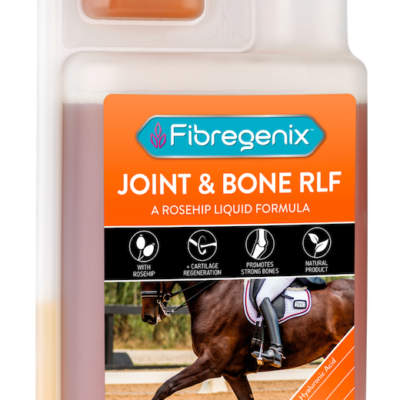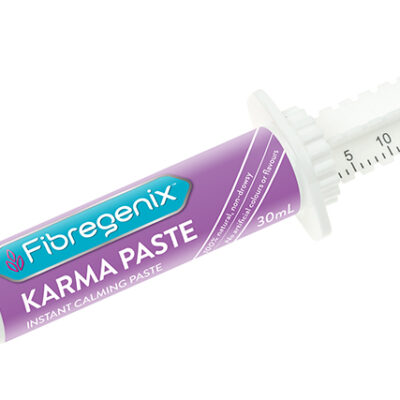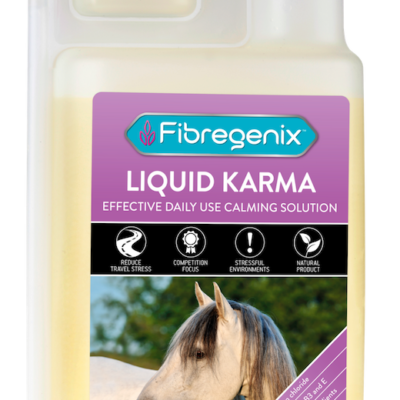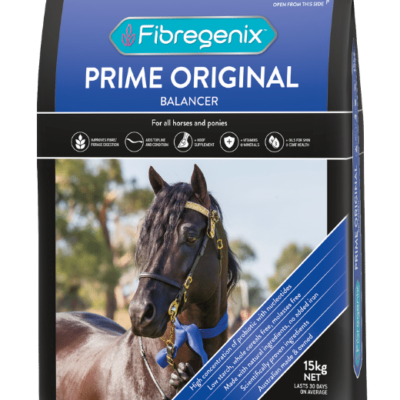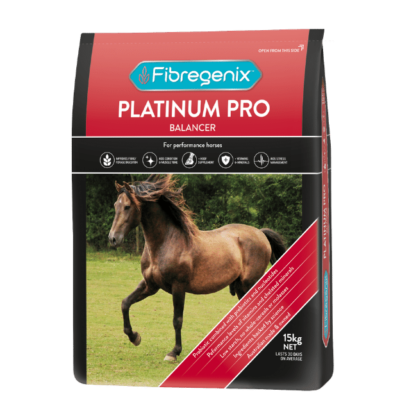Follow these top tips for Horse Biosecurity Management at shows to keep your horse healthy and safe
How up to speed are you with Horse Biosecurity management at competition venues? The Show season is cranking up and many of you will be heading out with your equine athletes. You may even be staying over for one or more nights. But how are you going to keep your horse free from potential disease when you get there?
It’s something we so often take for granted. Therefore, being aware of how easily viruses are transmitted and taking a few precautions before, during and after travel, can make all the difference.
I remember taking two of my horses to a National Breed Show where they were stabled for two nights. Within a week of returning home, both my horses came down with a severe respiratory cough and snot nose virus. They were off work for weeks but had been perfectly healthy prior to this. After that, I always made it a priority to disinfect the show stables they were in. And this was before I even got them off the truck.
Before you leave
Ensure your horse’s vaccinations are up to date. If not, get them done in plenty of time before the season begins – strangles and tetanus are the standard. However, if your horse is a seasoned campaigner that spends a lot of time away/interstate, consider influenza and rhinopneumonitis.
Keep sick horses at home. Watch for signs of fever, nasal discharge and diarrhea before you leave.
Horse Biosecurity Management At the Show
Wash your hands frequently! Just as you would during cold and flu season. Consider carrying handy disinfectant gel or wipes to use not only for your hands but also on surfaces you often touch.
Limit exposure. Don’t allow horses to have nose-to-nose contact. Limit the general public’s contact with your horses and your contact with other horses. If possible, request stables with solid walls high enough so horses can’t touch noses over the top. Preferably without any gaps or cracks in the walls. If open-sided stables are unavoidable, consider requesting a stable on an end or outside wall. Consider covering open walls with carefully-secured tarps.
Keep Your Distance! Horse shows are known to be great social occasions. Unfortunately, even the most innocent and friendly interactions can present a danger to your horse’s health. Avoid strangers and keep your horse a safe distance away from others. Avoid grazing in common areas.
In and Around the Stables
Clean and disinfect stables at show facilities. You’ll be keen to unload horses and equipment as soon as possible after a long journey. But how do you know the health status of the horse that last used the stable you’ve been assigned? Disease’s unseen pathogens aren’t only waiting to find a new host in your horse. They’re also happy to hitch a ride home and infect stablemates. Worryingly, disease pathogens in saliva and respiratory secretions can remain on dirt floors, walls and doors for extended time periods. Spray-on commercial disinfectants are readily available and the best choice. Diluted bleach is an inexpensive disinfectant but works best on a surface that’s been thoroughly cleaned.
Mind those sharp edges! Thoroughly inspect the stable area for loose nails, debris and any other dangers to your horse’s physical safety.
No Sharing! Don’t share feed and water buckets, hay bags, grooming tools, tacks, or mucking out equipment. Disinfect these items frequently and after arriving home from an event. Use only your own feed and water buckets. Label them with each horse’s name and don’t use them for any other horse to avoid cross-contamination.
Use special caution with water sources. Don’t fill buckets or allow a horse to drink from a communal water tank. Always use your own hose. If a shared hose can’t be avoided, don’t submerge the end or nozzle in your horse’s bucket. Alarmingly, one of the easiest conduits for strangles to move from stable to stable is through a shared water hose.
Horse Biosecurity Management When you get home
Keep up your Biosecurity management at home. Upon returning home wash your hands, shower, and change clothing and shoes before working with horses kept at home. Any horse in a public environment can pick up a pathogen and incubate an illness for several days. This can happen whilst not showing any outward symptoms. Ideally, every horse who goes to a show should be segregated from others for at least a week… After a competition, monitor horses for any developing signs of illness. This can be a cough, nasal discharge, lethargy, decreased appetite or elevated temperature. Finally, be sure to wash all the clothes and equipment before coming into contact with other horses.
Look after your horse’s immune system. Ensuring your horse has a healthy and strong immune system can go towards protecting him and can certainly help with his recovery if he does succumb to an infection. Fibregenix feed balancers focus on optimising your horse’s gut health, where 70% of the horse’s immune system is. Additionally, a Fibregenix balancer is chock full of antioxidants which are also key to a healthy immune system.
In summary, the healthier the horse, the stronger will be his resistance to infection. Horse Biosecurity management at shows is a valid and worthwhile practice to follow. There’s nothing more soul-destroying than having your competition horse out for the season because a few simple protocols weren’t undertaken.
Reviewed and amended April 2021

